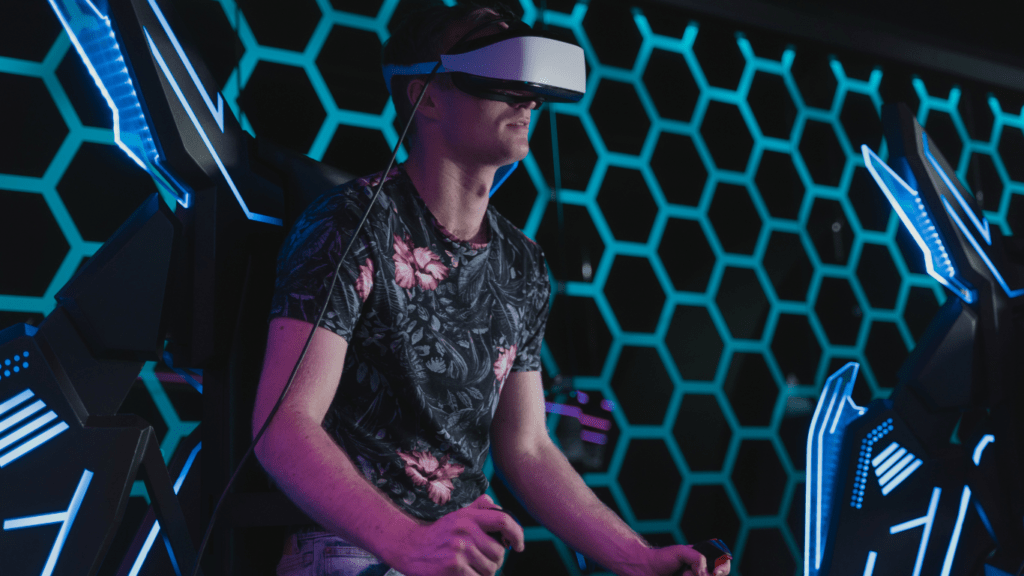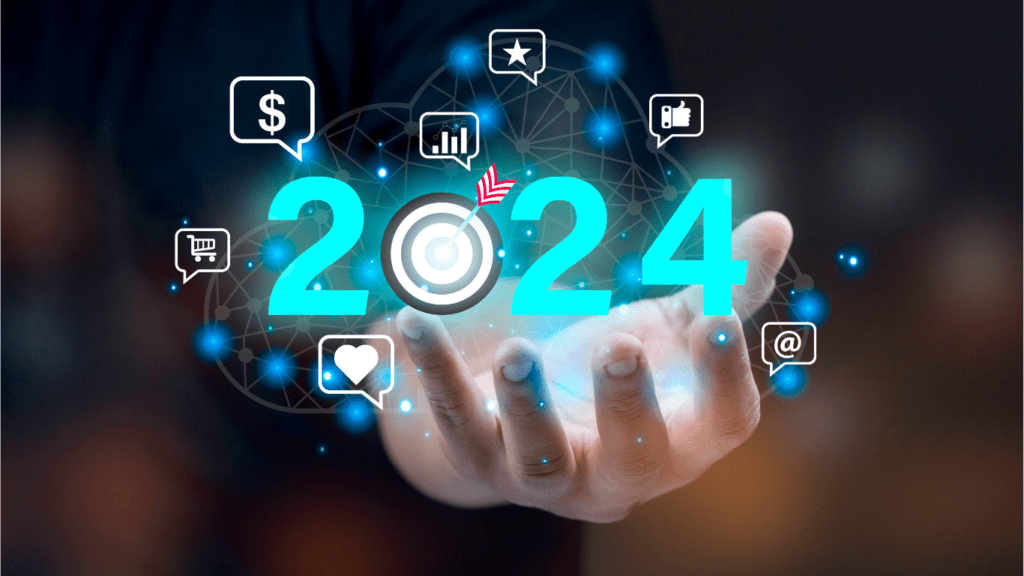Emerging Technologies in the 21st Century
Innovations in technology continue to shape the 21st century, revolutionizing various sectors and redefining our daily lives. Let’s delve into some key areas.
Artificial Intelligence and Machine Learning
AI and machine learning are driving automation across industries, from healthcare to finance. Algorithms enhance decision-making processes by analyzing vast datasets efficiently. For example, in healthcare, AI algorithms predict diseases by analyzing patient data, while in finance, they detect fraudulent activities by monitoring transactions in real time. These technologies continuously learn and adapt, improving their accuracy and utility.
Quantum Computing
Quantum computing promises exponential speed improvements over classical computing methods. It’s transforming fields like cryptography and drug discovery. Quantum computers process complex computations, solving problems previously deemed insolvable for conventional computers. The impact on cryptography involves creating unbreakable encryption, which is vital for cybersecurity. In drug discovery, these systems simulate molecular interactions, significantly reducing research time.
Augmented and Virtual Reality
AR and VR are enhancing user experiences in fields such as:
- gaming
- education
- retail
In gaming, VR immerses players in virtual worlds, creating interactive experiences. Educational institutions incorporate AR to provide interactive learning environments, enabling students to visualize complex concepts. In retail, AR allows customers to virtually try on products, enhancing the shopping experience and reducing return rates.
Each of these technologies represents a facet of how innovation is actively shaping our future, with real-world applications improving clarity and efficiency in numerous sectors.
Transformative Innovations in Healthcare

Healthcare is undergoing a revolution with the integration of advanced technologies. These innovations are dramatically affecting treatment methodologies and patient outcomes.
Personalized Medicine
Personalized medicine tailors healthcare based on an individual’s genetic makeup, resulting in more effective treatments. Advances in genomics enable doctors to identify genetic markers for diseases like cancer and diabetes, resulting in better-targeted therapies. For instance, pharmacogenomics allows for more precise medication prescriptions, reducing adverse drug reactions.
Remote Monitoring and Telehealth
Telehealth and remote monitoring use technology to provide healthcare services remotely.
- They increase accessibility, particularly in rural or underserved areas.
- Wearable devices track vital signs like heart rate and blood pressure, enabling real-time monitoring and timely interventions.
- Telehealth platforms facilitate virtual consultations, enhancing patient engagement and reducing the need for in-person visits.
The Impact of Tech on Global Sustainability
Tech innovations are vital in addressing global sustainability challenges. They offer tools to reduce environmental impact and enhance resource efficiency.
Renewable Energy Solutions
Renewable energy technologies such as solar panels and wind turbines play a key role. They reduce reliance on fossil fuels and decrease greenhouse gas emissions. Solar panel efficiency has improved, making them viable for widespread adoption. Wind turbines capture energy in regions with high wind potential, providing an alternative energy source. Countries investing in renewable solutions see reductions in carbon footprints.
Smart Cities and Infrastructure
Smart city initiatives use IoT and AI to optimize energy consumption and waste management. For example, sensors in smart grids manage energy distribution more efficiently. Traffic management systems reduce congestion and emissions, improving urban air quality. Building automation integrates AI, enhancing energy efficiency in infrastructure. Smart solutions increase operational efficiency while promoting sustainable urban growth.
The Future of Communication and Networking
Technological progress in communication and networking will shape connectivity for the future. These advancements aim to enhance speed, reliability, and reach.
5G and Beyond
5G technology revolutionizes connectivity with speeds up to 100 times faster than 4G, reducing latency to near-zero levels. This enhancement facilitates real-time communication and robust support for mobile devices and infrastructure. The low latency and high bandwidth of 5G enable innovations in autonomous vehicles, remote surgeries, and smart manufacturing. As 6G and satellite networks follow, they’re set to offer even greater connectivity capabilities, broadening horizons for global internet access and bridging digital divides.
Internet of Things (IoT)
IoT interconnects billions of devices, from home appliances to industrial machinery, streamlining operations and improving efficiency. In smart homes, IoT facilitates energy management and home automation, providing convenience and energy savings. In industries, it optimizes logistics and predictive maintenance through real-time data analytics. Security remains a priority, demanding robust encryption and authentication measures to safeguard the extensive data IoT networks generate.
These promising developments in communication and networking will continue to transform interactions and operations worldwide, creating a more connected and efficient future.


 ____________
____________
